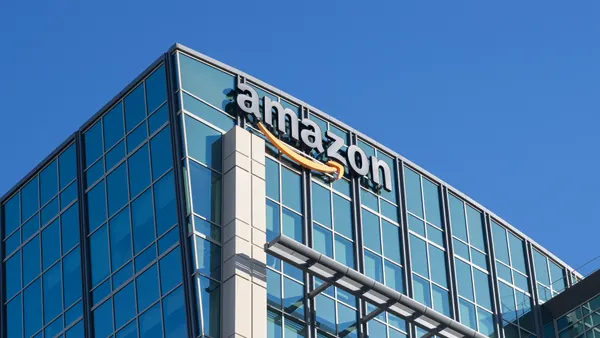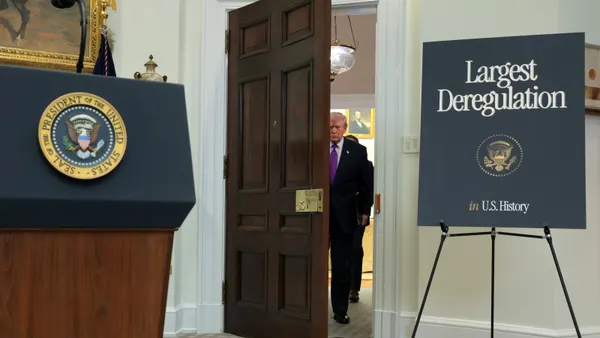NEW YORK CITY — As questions linger over the viability of the voluntary carbon market as a solution to mitigate companies’ carbon footprint, experts discussed solutions that help slash corporate emissions but also ensure high-quality standards at an event Tuesday .
The panel — hosted by Dow Jones’ energy business as part of The Wall Street Journal’s three-day conference aligned with Climate Week NYC — examined how corporations can leverage carbon credits to meet their designated sustainability goals while ensuring the issuing entities adopt methodologies that hold up to global market standards. Such standards, set by carbon market governing bodies such as the Integrity Council for the Voluntary Carbon Market, ensure that the carbon credits being issued spur “real, verifiable climate impact” and ensure progress toward the 1.5°C target.
“I think a lot of corporates and companies … are looking for transparency,” Mandy Rambharos, CEO of sustainable nonprofit Verra, said during the panel.
Verra manages the Verified Carbon Standard, one of the world’s leading voluntary carbon markets programs. Rambharos said companies looking to purchase carbon credits should be able to understand where those credits come from, both so they can be traced back from an accounting and reporting perspective, but also so they feel confident in front of shareholders and rating agencies when they disclose it on their annual report.
However, Rambharos noted this check-and-balance system comes with its own complications, as carbon credit issuing methodologies can be quite complex. This is when companies look to standard setters such as Verra to certify whether the credits they are purchasing really do offset emissions, according to Rambharos.
“The buyer side doesn't really want to get into the weeds. They just want a product delivered that's good,” she said, adding that the relationship between the buyer and seller of credits is “very important.”
Julia Strong, the executive director of the Symbiosis Coalition echoed Rambharos on the “complex” nature of ensuring the quality of issued carbon credits. The coalition is an advanced market commitment from Google, Meta, Microsoft and Salesforce to contract up to 20 million tons of nature-based carbon removal credits by 2030.
“Not every company can have the in-house expertise to evaluate the nuances and complexities of any given nature-based project,” Strong said. “I think there's value in getting together as a collective to share transparently lessons learned, not just among corporates, but with the broader sector to rigorously monitor and evaluate impact over time and to acknowledge where things aren't working and try to make them better.”
The discussion comes at a time when the voluntary carbon market is facing heightened scrutiny over its effectiveness in reducing carbon emissions.
Earlier this year, a group of over 80 organizations focused on environmental and social issues argued that allowing entities to meet climate commitments through carbon credits is “likely to slow down global emission reductions.” The organizations expressed concern over the growing push to utilize carbon credits to offset emissions and said this reliance reduces the scale of funding and urgency needed to develop systems that hold emission-intensive sectors accountable and assist regions disproportionately impacted by climate change, such as the Global South.
Shortly after, the Science Based Targets initiative released a report which corroborated those concerns and found there are “clear risks” to using carbon credits to offset emissions.
Such criticisms and concerns about the carbon market have posed potential reputational risks for companies who are looking to invest in carbon credits to curb their footprint. But Rambharos said there are steps companies could follow to raise objections to carbon credit verification bodies such as Verra.
“We have a grievance procedure or grievance mechanism,” Rambharos said. “If there's a project that you feel is not meeting standards or is violating certain human rights elements or social elements… we stop those projects and we do an entire independent review of where the project is failing in that respect or not failing.”
Verra’s Verified Carbon Standard program has reviewed over 2,200 projects around the world and removed more than 1.2 billion tonnes of greenhouse gasses, per the nonprofit’s website.













